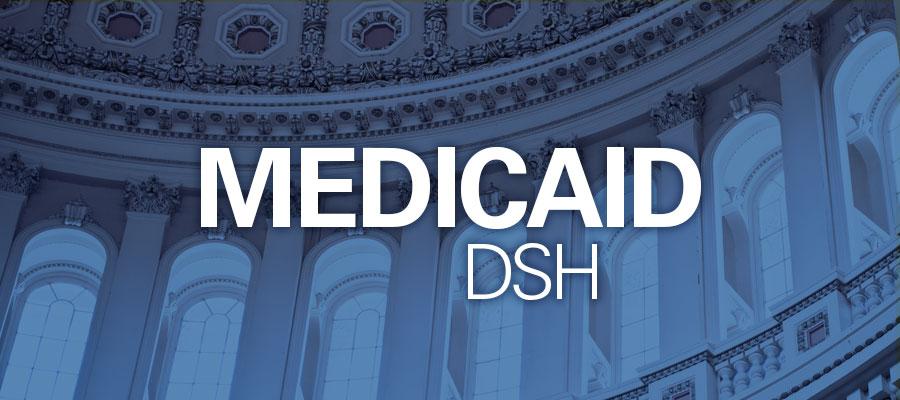GAO issues report on Medicaid DSH payments

Medicaid disproportionate share hospital payments to eligible hospitals covered 51% of their uncompensated care costs in 2014, the most recently available audited data, according to a report released yesterday by the Government Accountability Office. The payments are designed to help offset uncompensated care costs for hospitals serving a high proportion of Medicaid beneficiaries and uninsured low-income patients. The Affordable Care Act required a phased reduction in DSH allotments to states, reflecting the expectation that the number of uninsured would decline as states expanded Medicaid eligibility to certain low-income adults. However, only 36 states and the District of Columbia have chosen to expand Medicaid eligibility under the law to date. After several delays by Congress, the DSH reductions are scheduled to begin in fiscal year 2020. Legislation (H.R. 2328) approved this month by the House Energy and Commerce Committee to address surprise medical bills would eliminate the Medicaid DSH cuts in FY 2020 and 2021 and reduce the cuts to $4 billion for FY 2022. Leaders of the Senate Finance Committee requested the GAO report.

